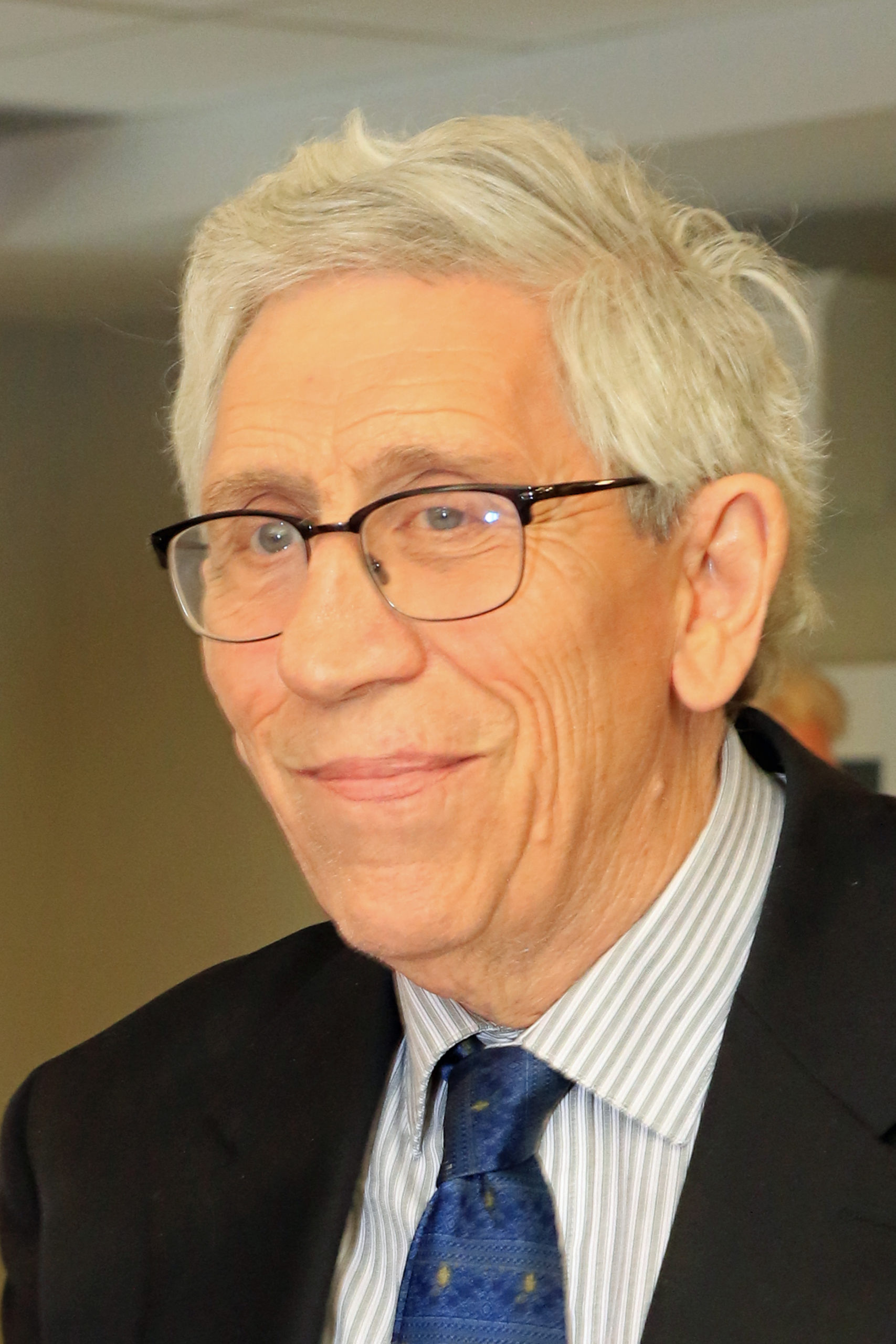Canon Robin MacKay has retired from his position as diocesan solicitor, which he has held since since 2019. Prior to that he was chancellor of the Diocese for many years and will continue to serve as chancellor emeritus.
“I’ve been mixed up in this work for decades, and to my surprise, I have quite a bit of the corporate memory,” he told Crosstalk.
Bishop Lackey first recruited MacKay to be a vice-Chancellor at an outdoor meeting when the Chancellor and vice-chancellor at the time were not present. “The bishop asked me how long I had been a lawyer, and I had just passed the 10-year anniversary, which is the minimum requirement to be a chancellor or vice-chancellor, so I was appointed on the spot as vice-chancellor and remained so until the other vice-chancellors resigned or died,” he explained.
Bishop Shane Parker paid tribute to MacKay describing him as, “a humble, faithful, and highly intelligent man, who readily shared his extensive legal knowledge with our diocese for over four decades. His deliberate choice to become a general practitioner early in his career made him perfectly suited to advising on the surprisingly wide range of legal matters we face as a diverse, active diocese. From relatively simple property matters to complex and difficult issues, Robin invariably speaks from the experience he gained as a lawyer who served people from all walks of life.”
MacKay also retired from his law firm in December due to some health issues.
The bishop went on to add, “Robin moves easily from attentive listening to astute advising, and his sense of humour is never far beneath the always-respectful surface of his personality. I will always be grateful for the many times I worked with Robin over the years, and for all I learned from him.”
MacKay said he was first drawn to law as a career because he saw it as a helping profession. For the most part, it fulfilled that aim, he said. “But my practice has been unconventional. It was mainly driven by whoever came in the door. My only specialty has been non-profit housing. I have quite a few clients who are housing co-ops or non-profit housing providers.”
He was on the founding board of Cornerstone Housing for Women. “That was when we incorporated. We formed a corporation to own the new building. It is pretty unusual to have that kind of ministry operated directly by the Diocese,” MacKay really wanted Cornerstone to incorporate because “the liabilities were scary,” he said. “Initially, there was a lot of resistance to that idea….The advantage of corporation is that it comes with a ready-made legal structure that donors and lenders recognize….You have two separate entities, if one gets in trouble it doesn’t drag the other one down with it.” His idea prevailed and had served both organizations well. MacKay added that it was “a real treat to work with [Canon] Sue Garvey.
As chancellor, MacKay worked closely with Bishop John Chapman, who said people in the church might only see the chancellor answering the occasional procedural question at Synod, but that is just the tip of the proverbial iceberg. The church, “both budgetary wise and structurally is a huge institution. There’s so much activity happening under the surface and it’s the kind of activity that more often than not requires legal expertise. That’s the work nobody ever gets to see… regarding employment or institutional change or institutional structures, and so the hours and hours that he has given to that work is beyond description really…. His devotion to the life and vitality of this diocese is unparalleled.”
MacKay helped guide the Diocese during the difficult times when some parishes left the church over the issue of blessing same-sex marriages and the related issue of church properties. Both he and Bishop Chapman were sued personally.
“We formed a committee and we decided what principles are we trying to defend,” MacKay recalled. “One of them was that we wanted Centre 454 to be permitted to return to St. Albans. St. George’s really wanted their building. They had money so we set a price, and they purchased it from the Diocese. So, in a way, it seemed to satisfy everyone.” MacKay said helping the Diocese resolve that problem without going to court is one the parts of his work of which he is most proud.
MacKay grew up in the Presbyterian Church, but his wife, the Rev. Canon Rhondda MacKay (retired), introduced him to the Anglican Church when they were in university. “I loved the Anglican liturgy, the seasons, the formal prayers,” he said. Another highlight of his time serving the church was when he was appointed as a lay canon. “Rhondda is a canon, and we were able to sit beside each other in these special seats in the cathedral,” he said.



An abiding sense of thanksgiving